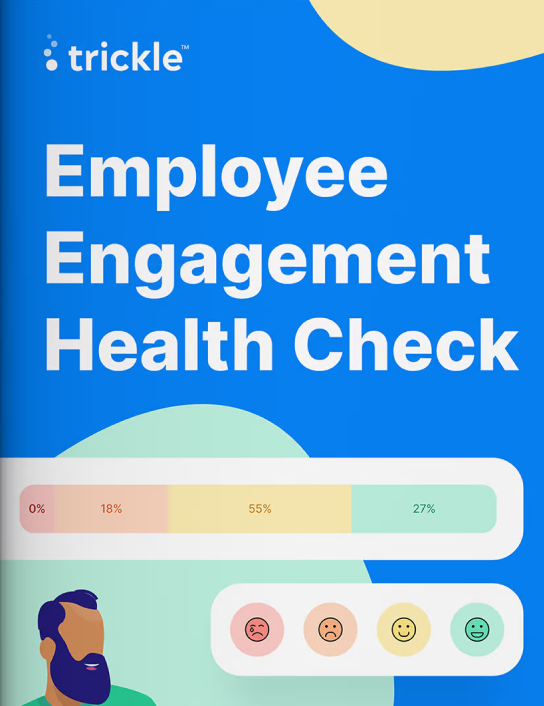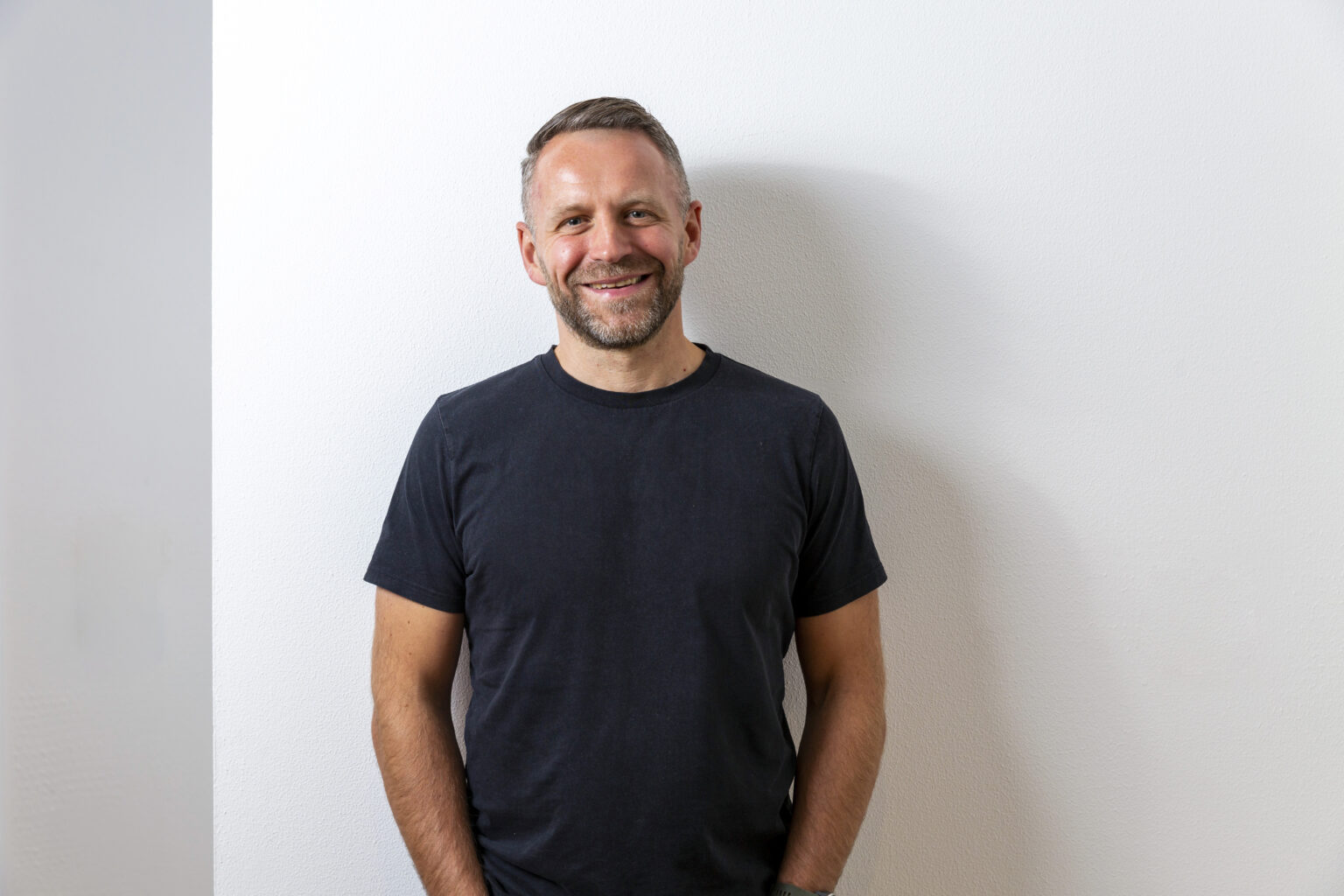How well does your company engage its employees?
Take your health check and find out.


On World Mental Health Day 2022, Paul Reid, our CEO, offers some insight on what organisations can do to encourage better mental health and wellbeing at work.
This year’s World Mental Health Day theme is “make mental health and wellbeing for all a global priority”. For me, one of the few positive legacies of the Covid-19 pandemic is that employee mental health and wellbeing has undoubtedly rocketed up the list of priorities for most organisations – and not before time.
Work-related stress is a leading cause of poor mental health. We have all felt the strain over the last couple of years, with those working in healthcare particularly affected. Many of us found ourselves affected by mental health problems for the first time in our lives during the pandemic, giving us new insight into how debilitating it can be, and bestowing us with empathy that we might not previously have possessed.
It’s safe to say we are in a challenging recruitment and retention market just now. While salary is still important, particularly in the current cost-of-living crisis, employees are increasingly making decisions on whether to join – or stay with – a company based on how it treats its people. Job adverts commonly talk up an organisation’s values, culture and benefits, and if the reality doesn’t live up to the hype, people will quickly look for the door. It’s no longer enough to simply pay lip service to the issue of wellbeing at work.
If I could offer only one piece of advice to organisations, it would be this – the only way to make things better for your people is to know what’s going on. In my experience, the best way to improve your culture is by encouraging employees to be open and honest, especially about their mental health. Give them a voice in an inclusive, transparent and accessible way, listen to it, and let them know what you’re doing to try to make their employee experience better going forward.
Platforms like Trickle, where workers can voice their concerns anonymously if they wish, have become vital in helping employers better understand employee needs. They also allow for a better appreciation of employee wellbeing, enabling senior leaders to spot and address emerging sources of stress before they become overwhelming.
Having open lines of communication from the ground up, allows employees to offer suggestions on how to reduce stress at work and report issues before they become serious problems. Meanwhile, leaders can use these real-time insights to address workplace stressors and improve their wellbeing strategies.
Leaders should also be thinking about what message they are sending their teams through their own behaviours. It can sometimes be difficult for senior executives to be open about the causes of their own stress and frustrations, but where opportunities arise for leaders to share openly, my experience is that your teammates generally appreciate it and feel a greater sense of empathy. As a leader, brushing challenging situations under the carpet can set unrealistic expectations for more junior employees and dissuade them from sharing their feelings or seeking support when they need it.
Leaders who are upfront about their stress levels and how they’re managing them demonstrate that mental health is important to everyone and needs to be looked after.
It’s clear to me that people feel a greater sense of belonging when they believe their employer genuinely cares about them. If one of your people is struggling, it’s crucial to take the time to understand what they’re going through. By listening with empathy, you will help create trust – and a culture of trust is exactly what organisations should be aiming for to thrive in the modern working world.
Get in touch for more information about Trickle or to book a short 20 minute demo.